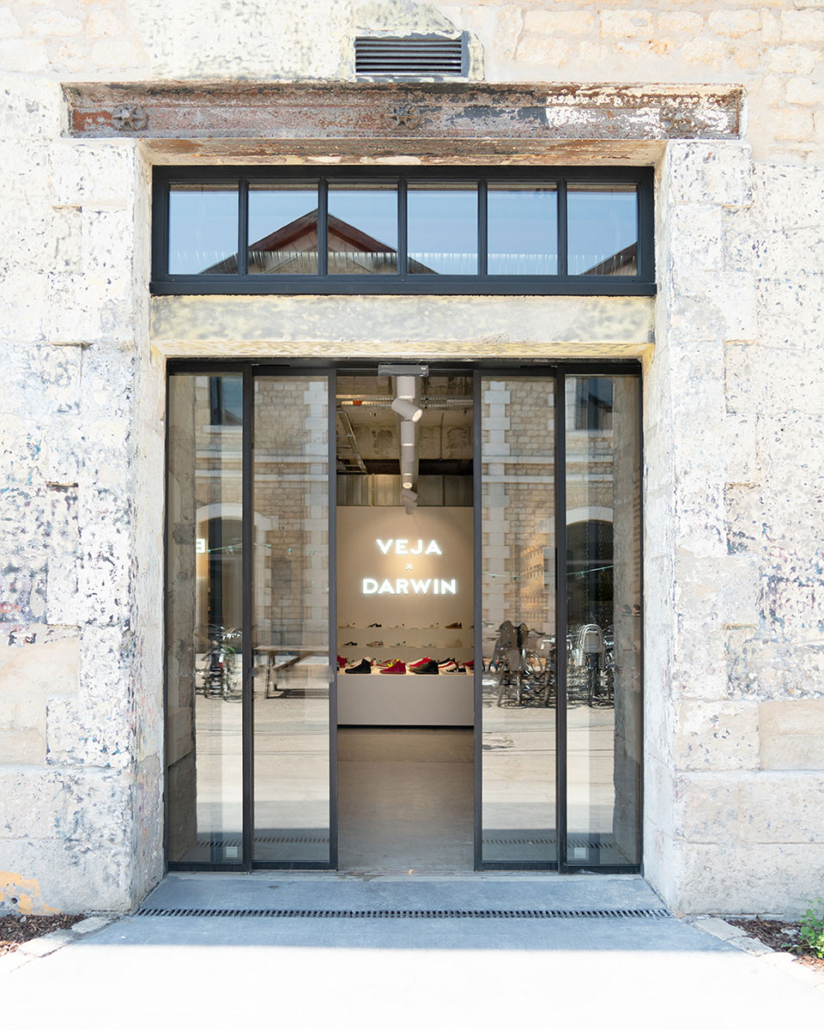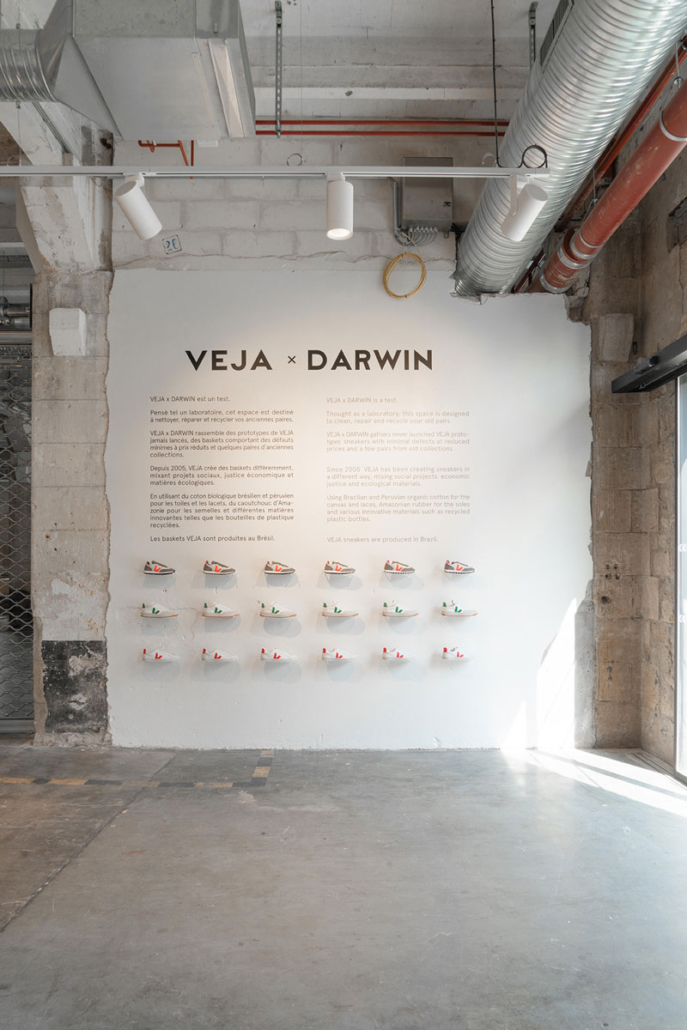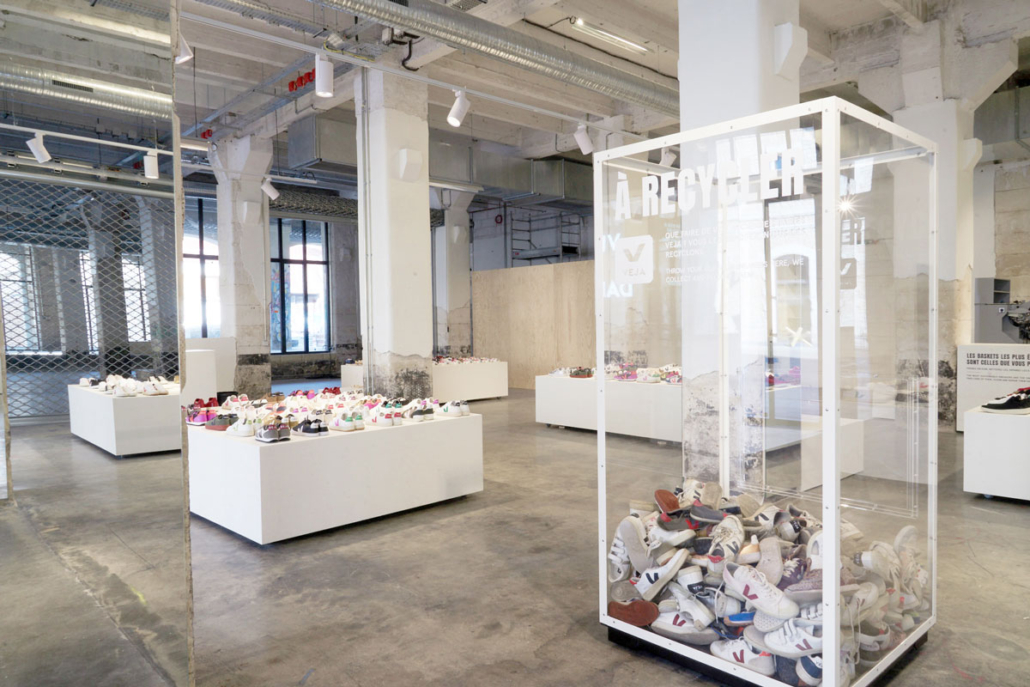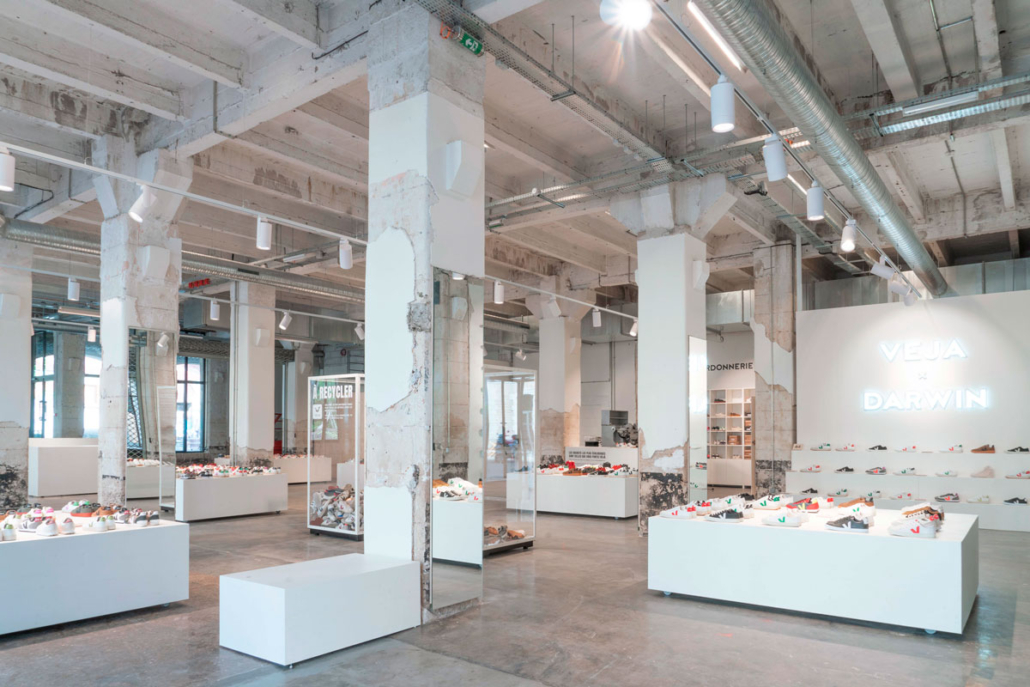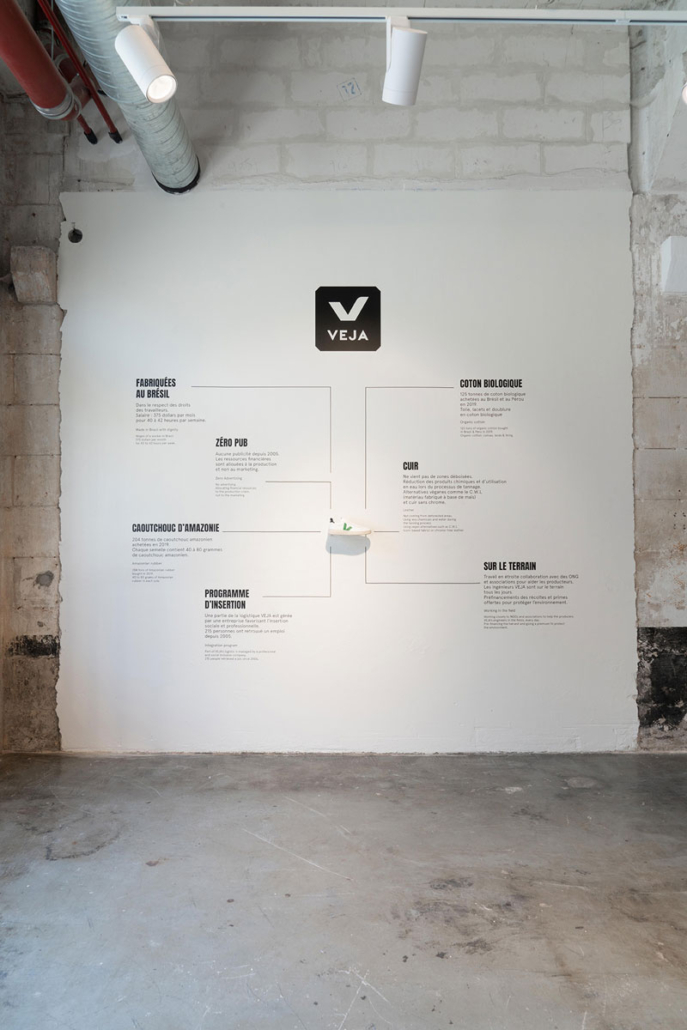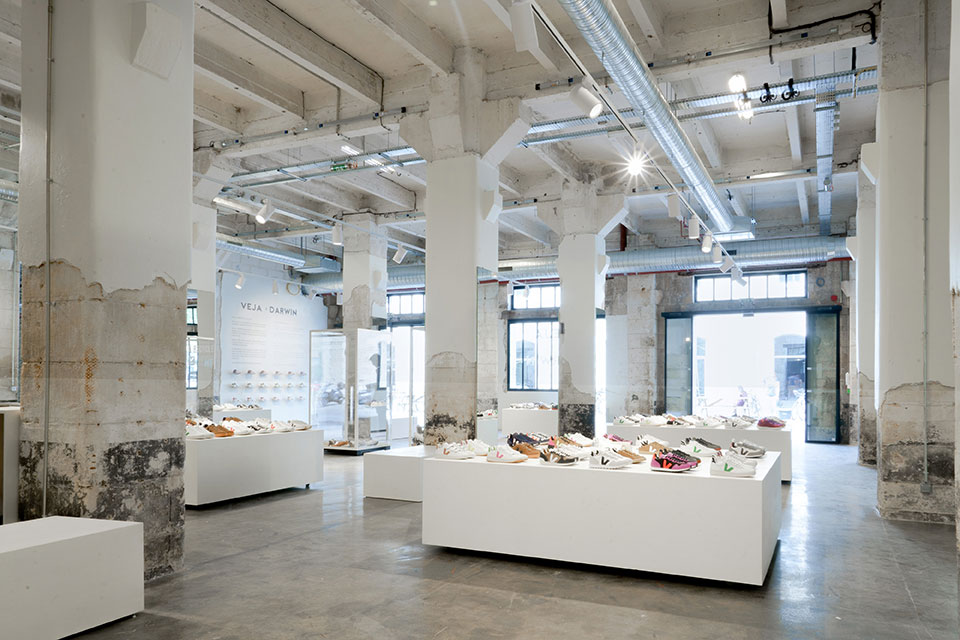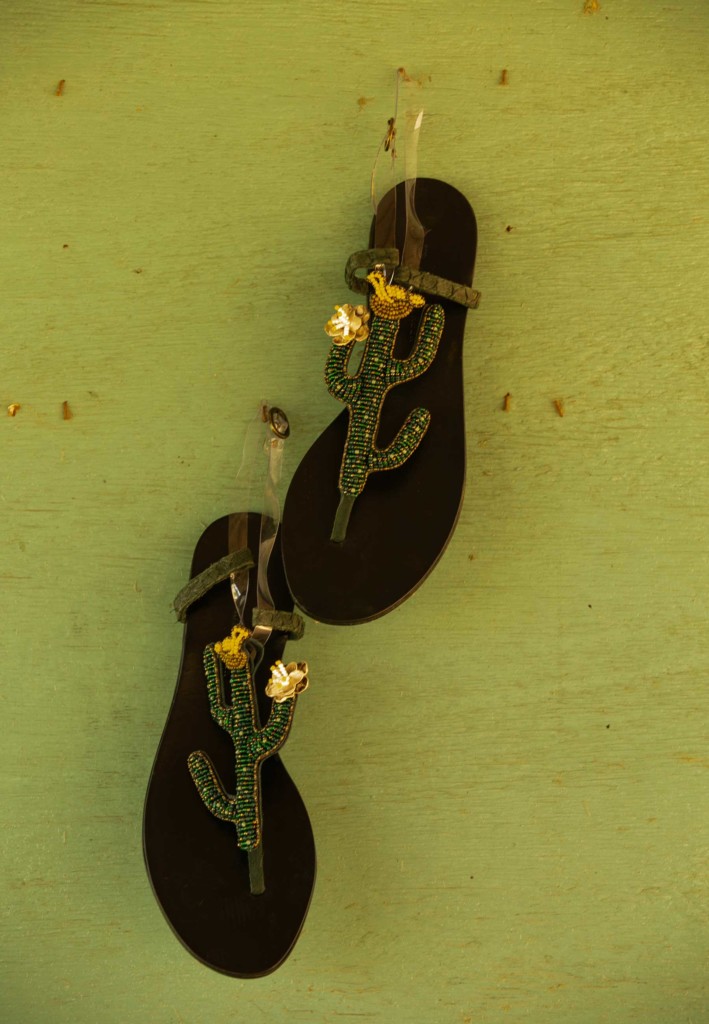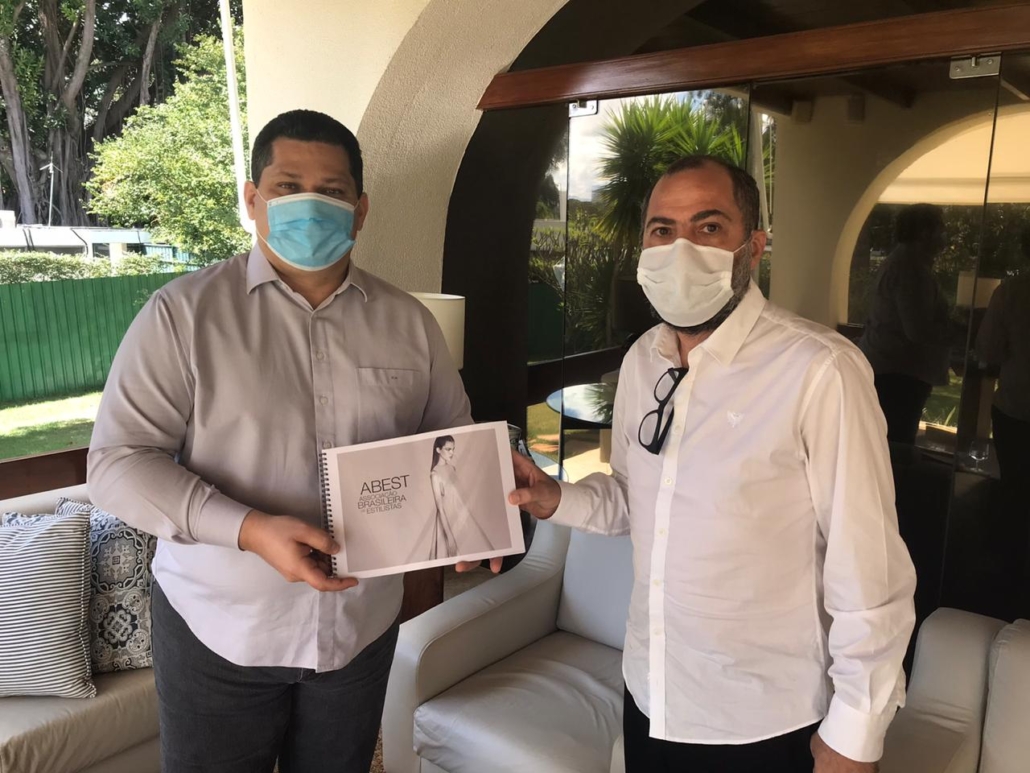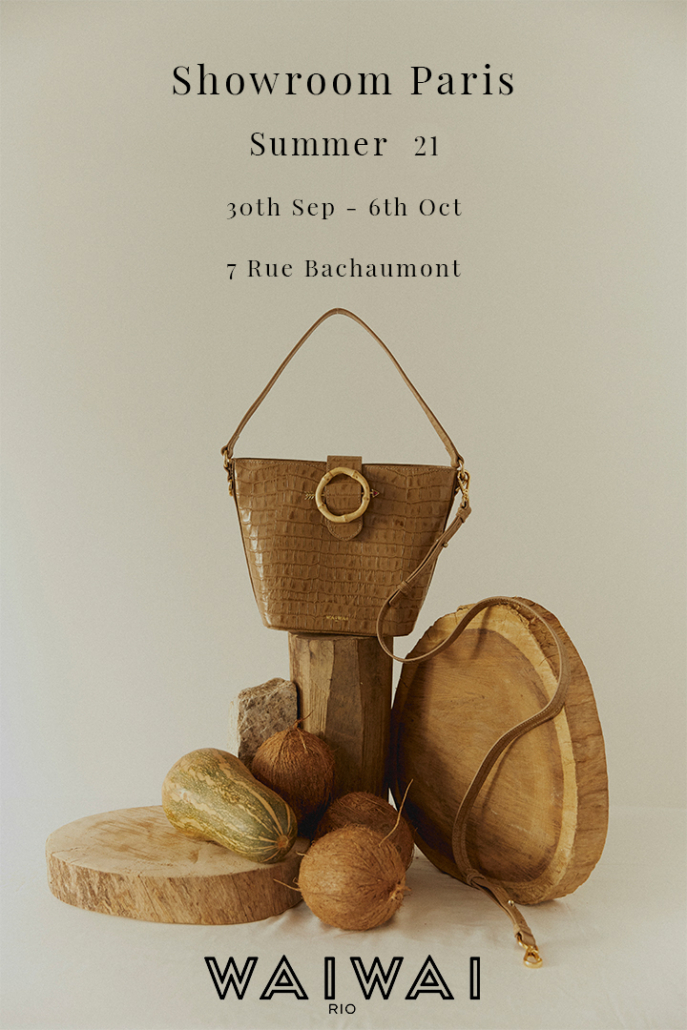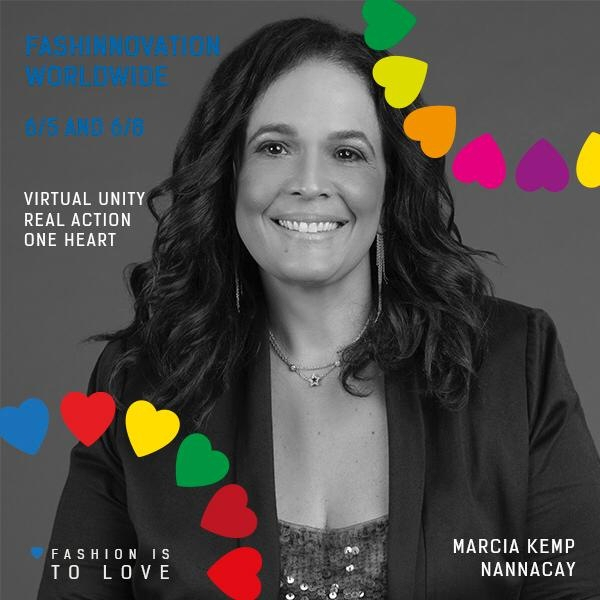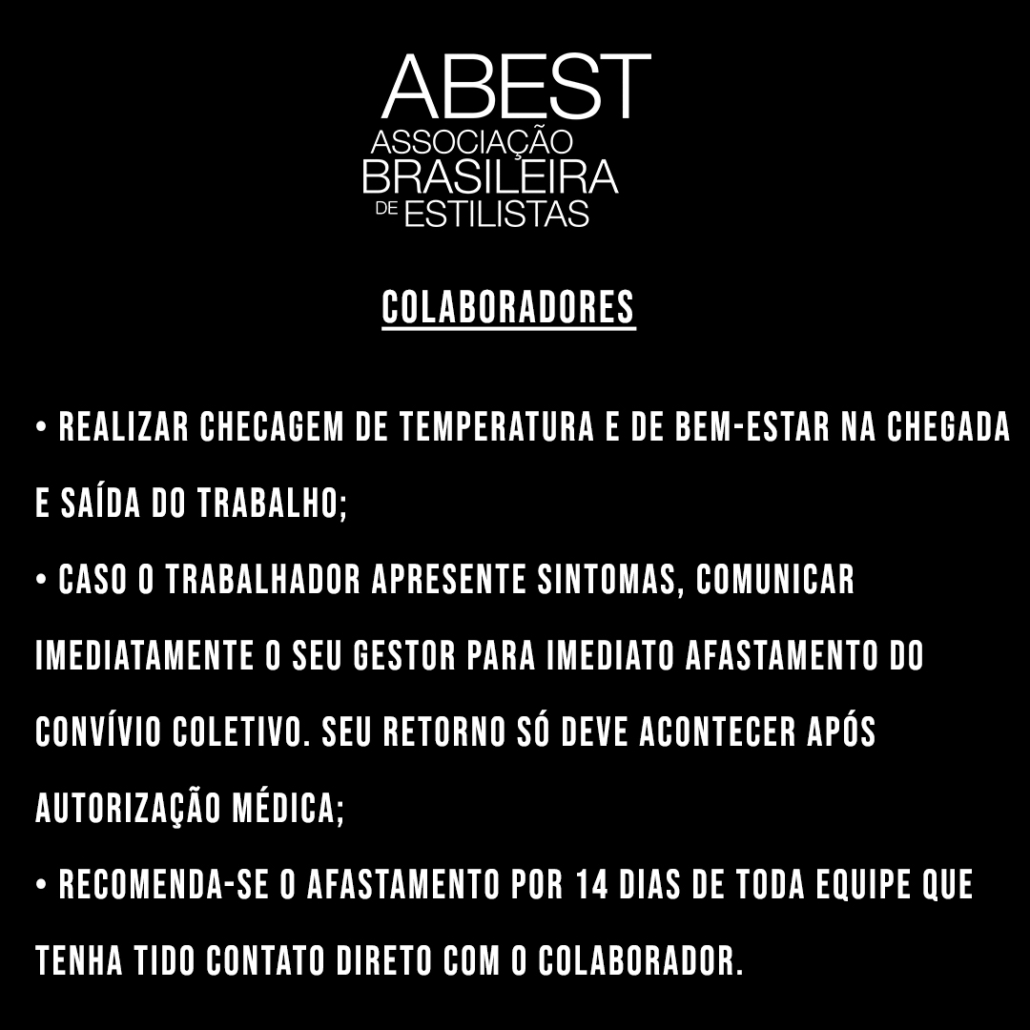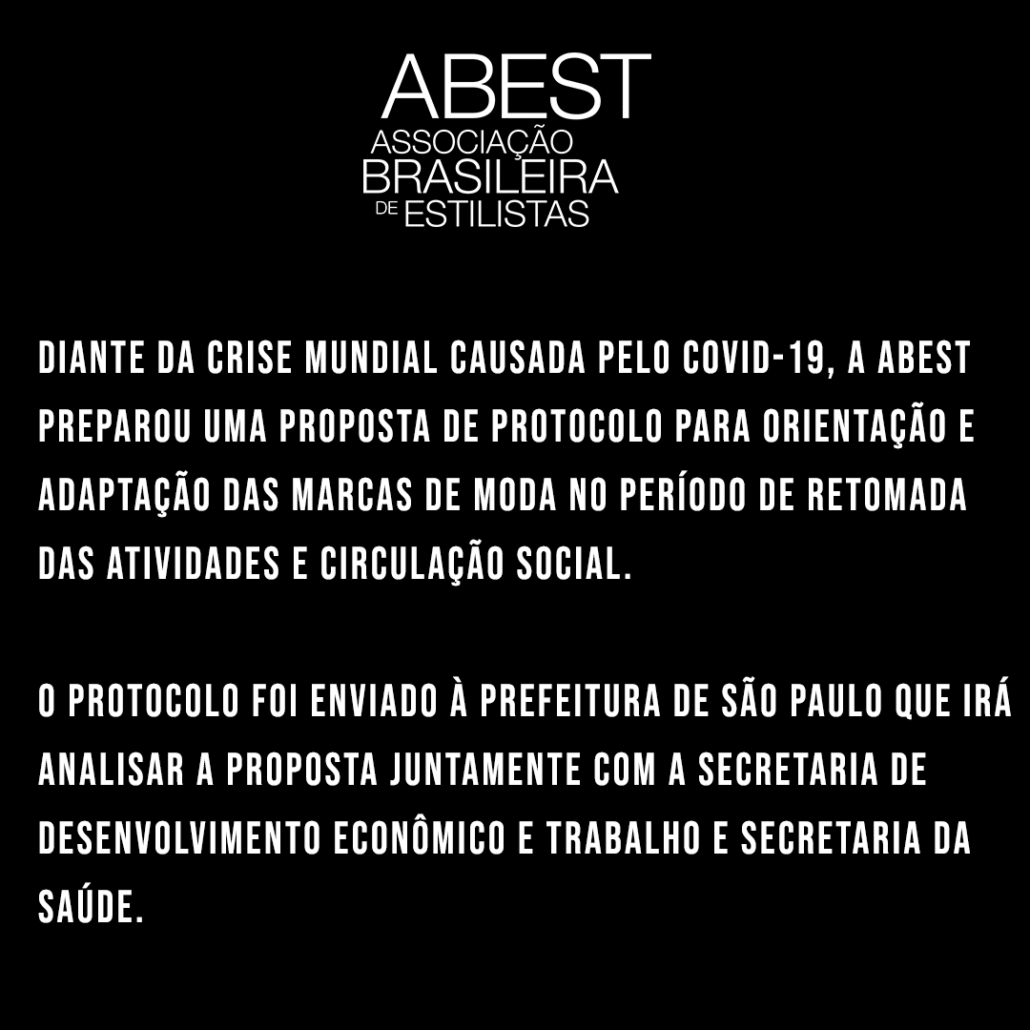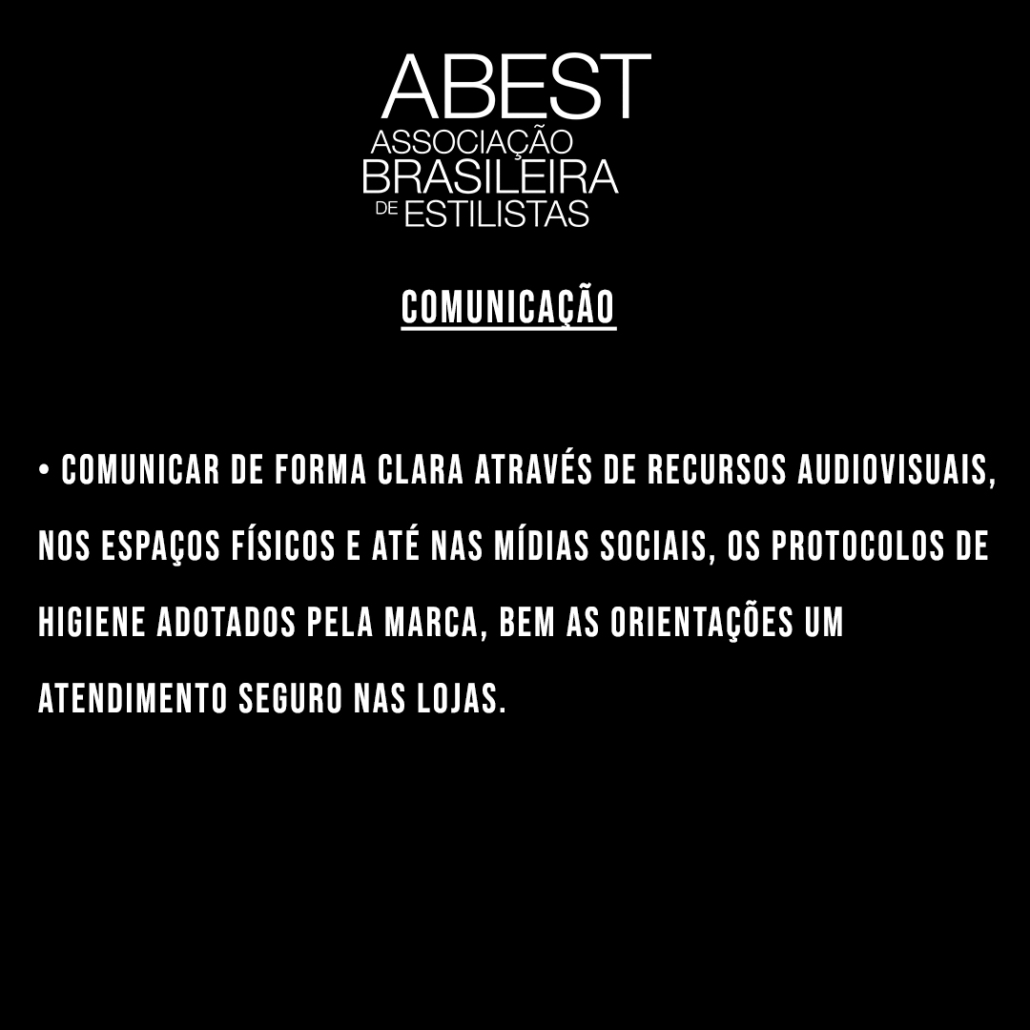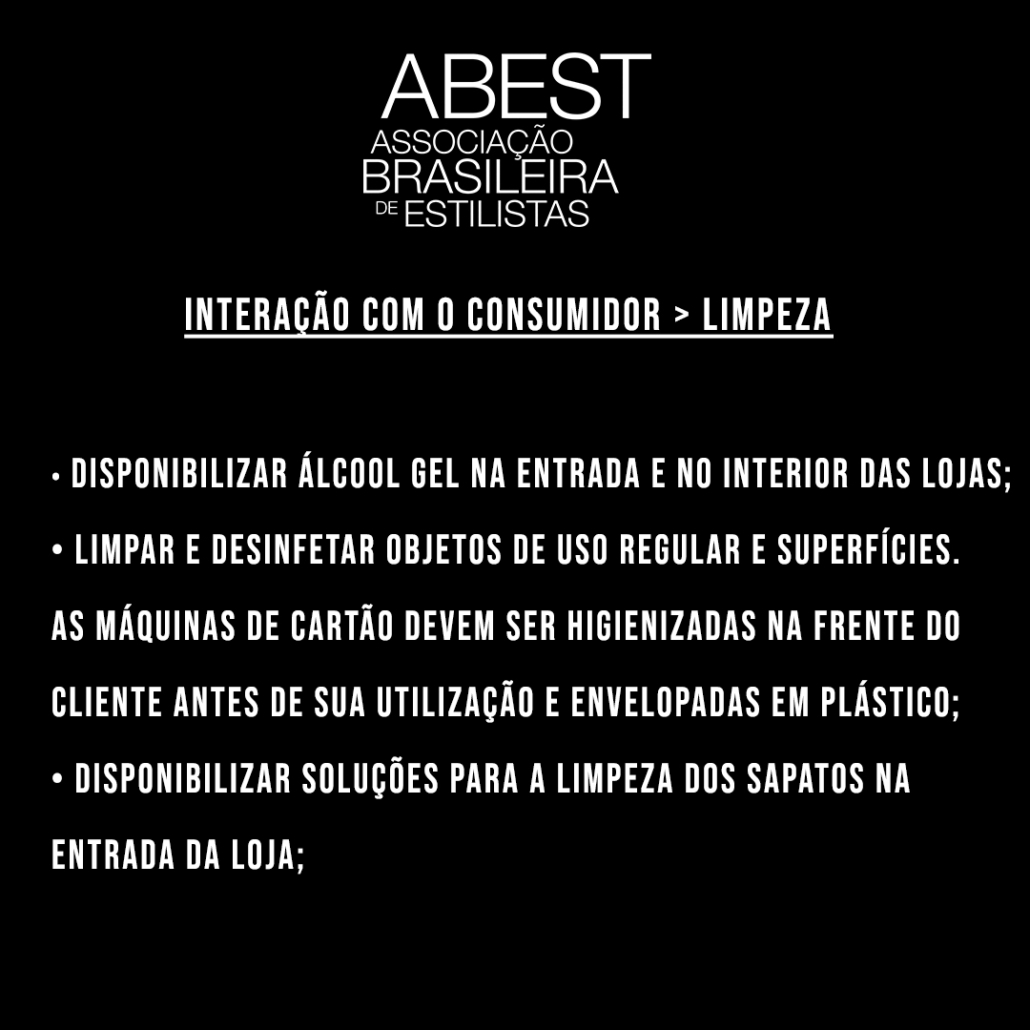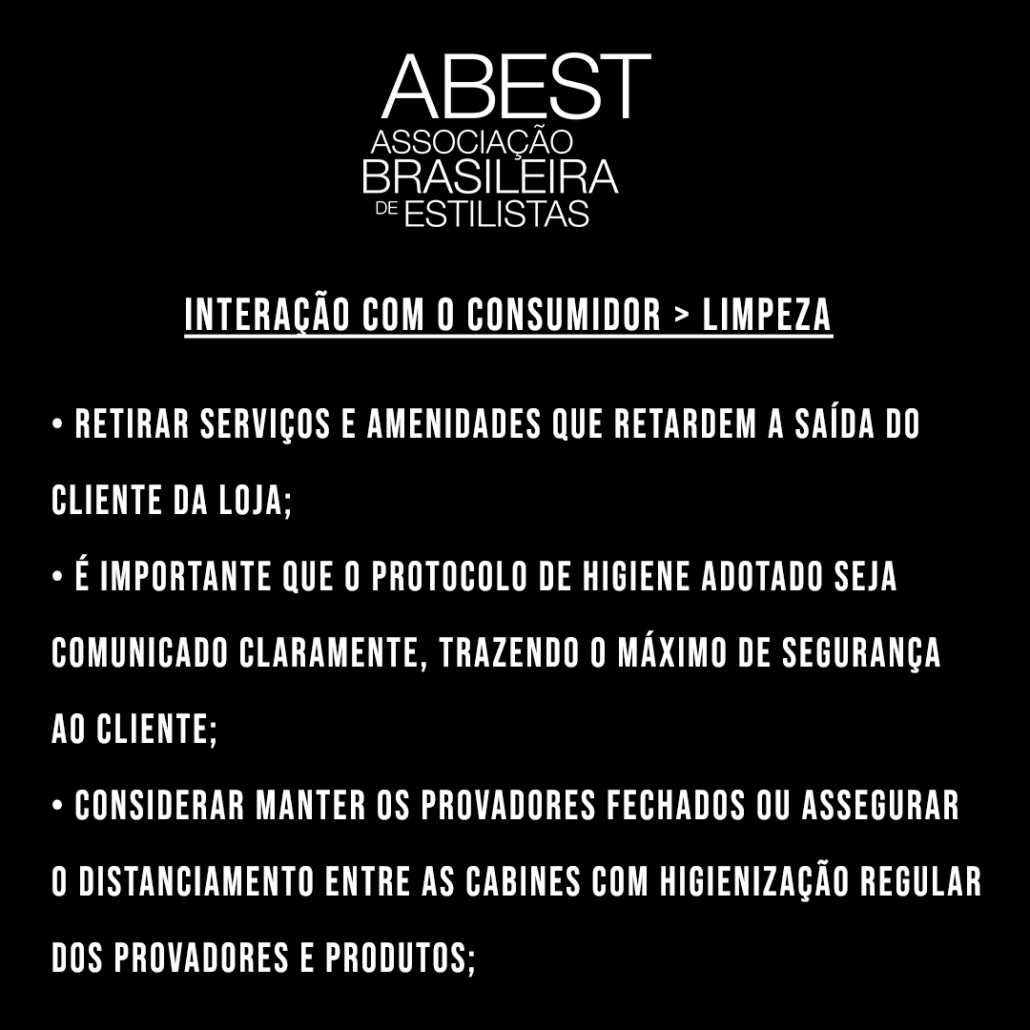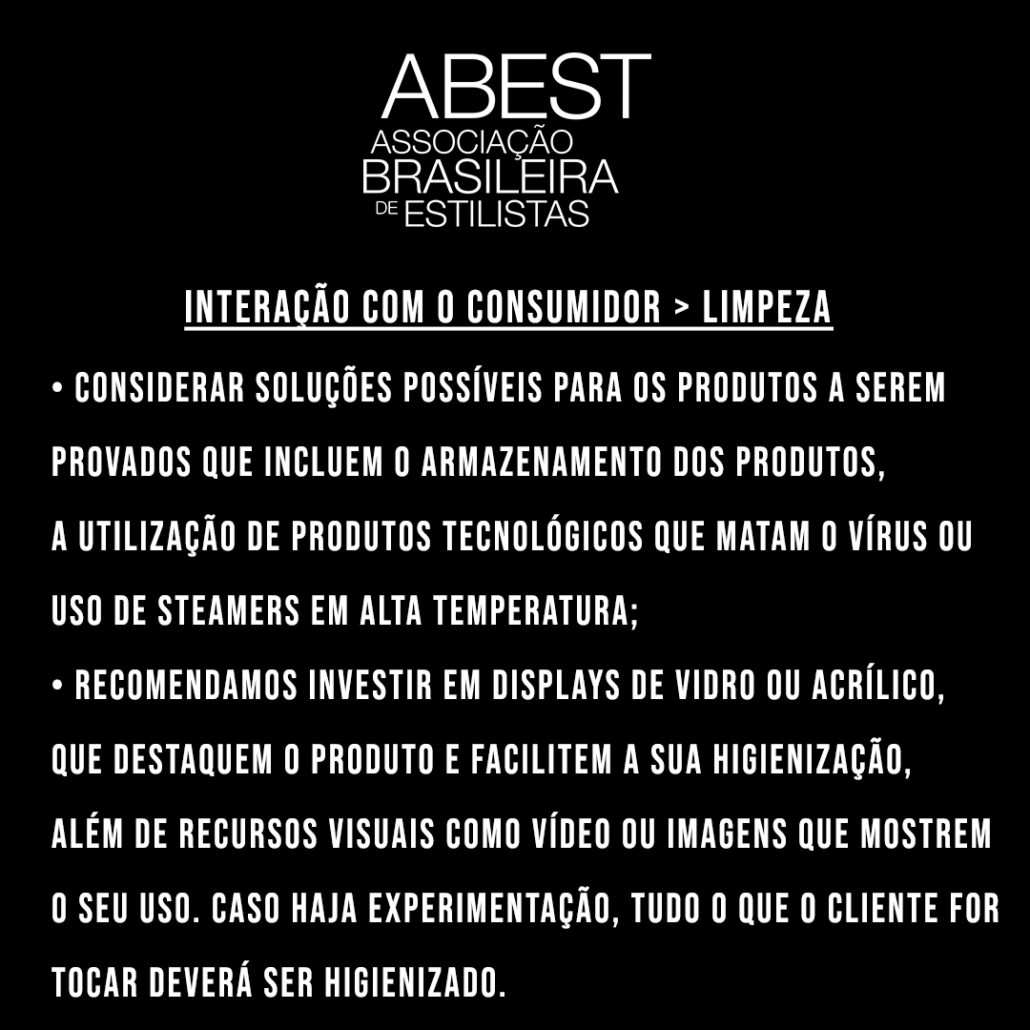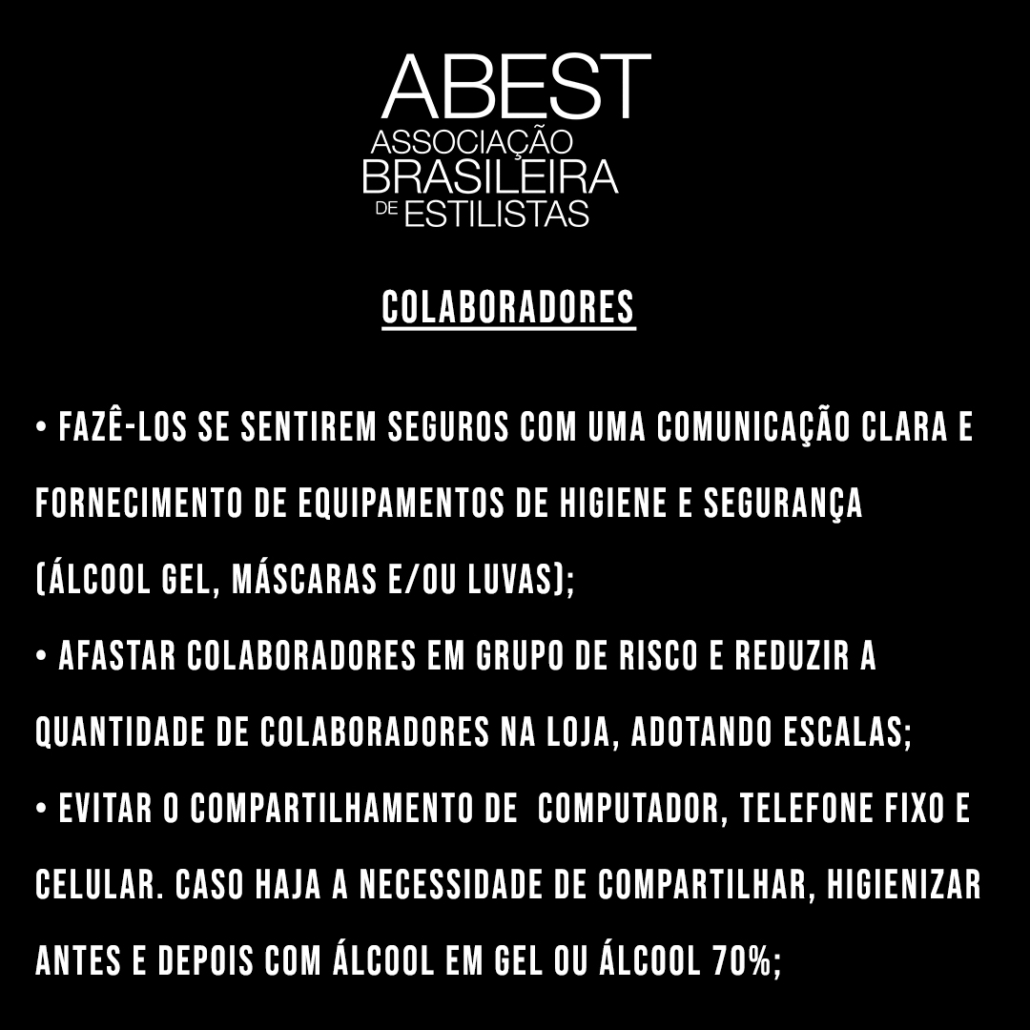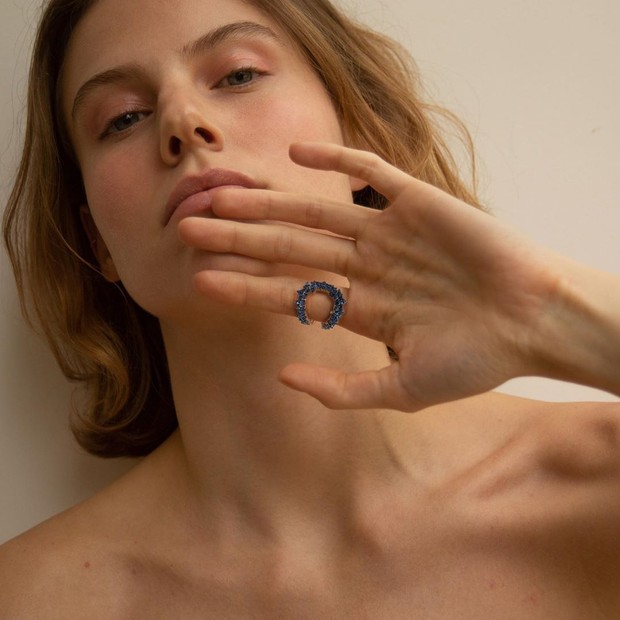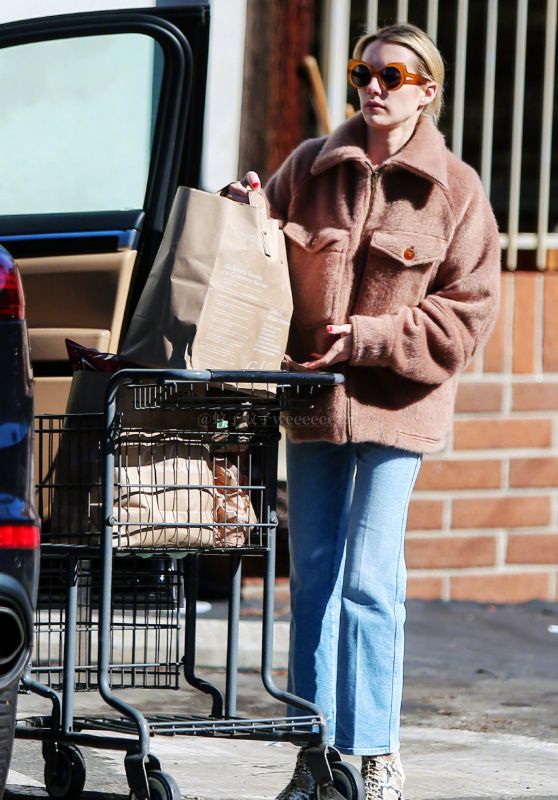Desde 2005, a VERT tem criado tênis diferentes, misturando projetos sociais, justiças econômicas e materiais ecológicos. A união VERT e Darwin traz os modelos nunca lançados, os protótipos, com defeitos mínimos a preços reduzidos e alguns pares da antiga coleção.
Limpar, reparar e reciclar são as metas entre VERT e Darwin, em testes laboratoriais para criar a loja do futuro. Uma oficina de sapateiro irá reparar e limpar pares de tênis usados, enquanto aqueles em más condições serão coletados e reciclados.
Darwin é um lugar diferente, um playground em tamanho real para ecologia e inovação social, inspirada na culturas urbanas. Inaugurada em Bordeaux em 2017, seu fundador Philippe Barre teve o desejo e a coragem para renovar esse antigo quartel e transformá-lo em um espaço alternativo, para compartilhamento e reflexão do papel da empresa a serviço do interesse geral e coletivo.
Esse lugar reúne 50 associações e 200 empresas, quebrando os tradicionais meios de integrar arte, varejo, cultura, trabalho e esporte. Conhecido também por ser um espaço co-working, Darwin é um espaço para compartilhar. Este antigo quartel militar de 90.000 m² no Quai des Queyries, revitaliza a imagem certa de Bordeaux. Abriga cerca de um milhão de pessoas todos os anos, 800 pessoas trabalham lá todos os dias, e esse número tende a crescer conforme os próximos meses.
Atuando como um núcleo ativista, Darwin desenvolveu uma fazenda urbana, um parque de skate gigante, espaços para artistas grafiteiros, uma mercearia orgânica e um restaurante orgânico chamado Le Magasin Général. Nos últimos anos, Darwin acolheu refugiados e tem sido solidário durante o confinamento social.
Todo ano, Darwin organiza o festival CLÍMAX que reúne música e debates em torno de assuntos contemporâneos. Convidados tanto como a primatologista Jane Goodall, o filósofo Edgar Morin, o ativista amazônico Raoni ou a atriz Marion Cotillard são bem-vindos. O antigo quartel militar tornou-se um exemplo internacional de comprometimento ecológico. A VERT escolheu este lugar híbrido para lançar seu novo projeto: um espaço para limpar, reparar e reciclar seus pares antigos.

